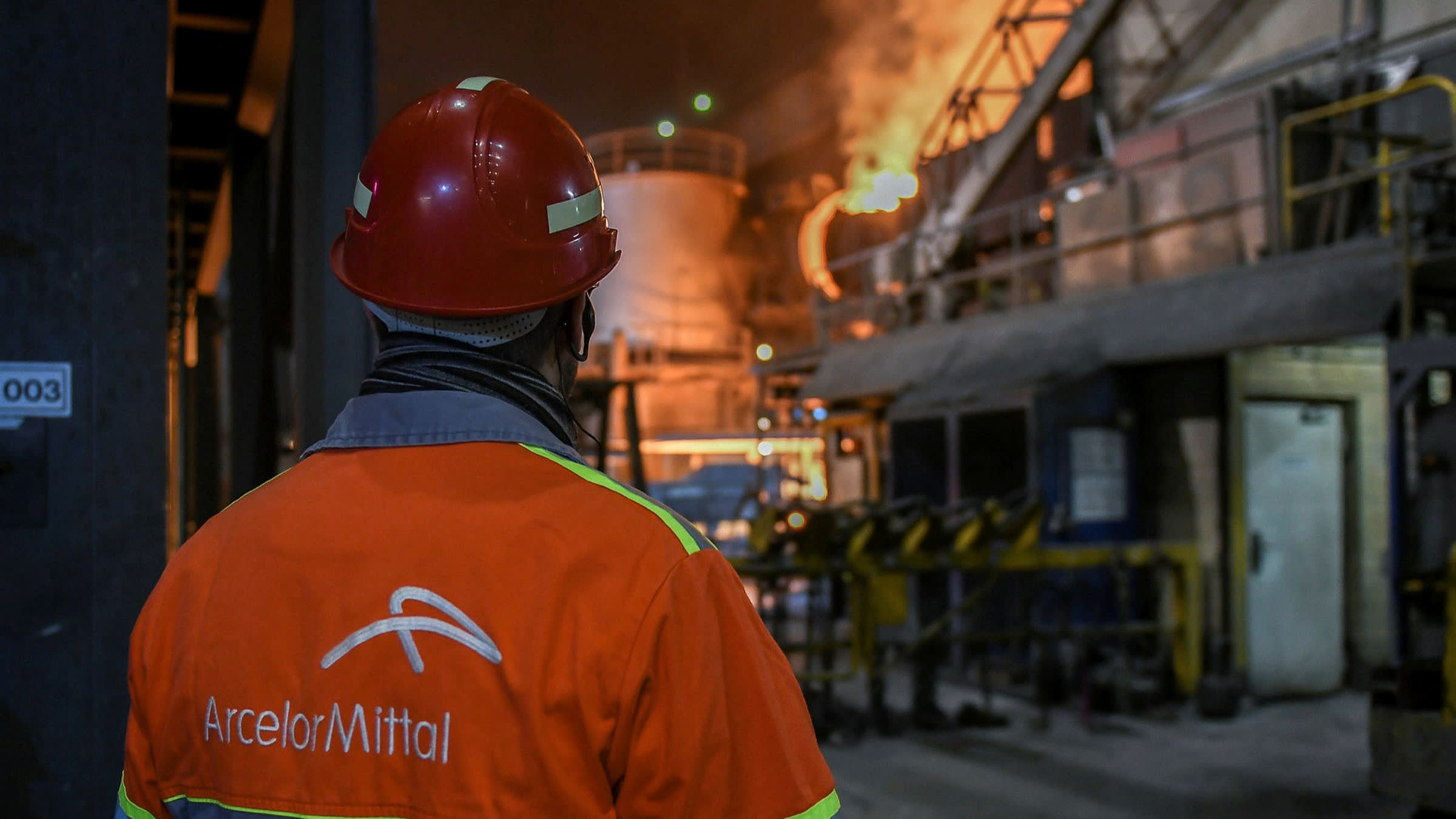Europe largest steelmaker, ArcelorMittal, has confirmed to S&P Global Commodity Insights Sept. 29 that it has gone ahead with its plan to temporarily shut down some of its blast furnaces in France, Poland, Spain and Germany as announced in September, due to the challenging European steel market.
On Sept. 29, ArcelorMittal idled Blast Furnace A at its 4.5 million mt/year Gijon, Spain, plant. It announced the closure Sept. 1, citing strong competition from imports and weak demand.
The move follows the steelmaker delaying the restart of its 2 million mt/year electric-arc furnace at Sestao, Spain, after concluding maintenance in August.
ArcelorMittal told S&P Global Sept. 29 it had not put restart dates on any of the assets, as the restart “will be dictated by market conditions.”
The company’s No. 3 blast furnace in Poland will also be idled sometime in the first week to 10 days of October, it said.
It had previously announced the temporary suspension of operations at the BF, which has a total capacity of 2.2 million mt of crude steel, from the end of September,
It permanently shut the blast furnace at its Krakow mill in 2020.
In France, ArcelorMittal has stopped production at its BF3 since Sept. 19, with relining started and due to last six to seven weeks, the company said.
At the beginning of September, ArcelorMittal also said it would shut down one of two blast furnaces at its Bremen flat steel plant in Germany at the end of September. The two BFs at Bremen have a combined capacity of 3.8 million mt/year.
ArcelorMittal will also close the 600,000 mt/year direct reduction plant at its Hamburg long steel plant in Q3 2022. ArcelorMittal had not answered S&P Global’s request for timelines regarding the Bremen closures by the time of publication.
European steelmakers are suffering due to low demand and high energy costs and are looking at the outcome of the European Commission’s Extraordinary Energy Council Sept. 30 meeting with apprehension.
Eurofer, the association of European steel producers, has called for the temporary crisis framework “to be prolonged and reviewed to adapt to the current circumstances.” According to the association “it must be more flexible and allow for fast approval of the state aid.”
Trading activity in the European hot-rolled coil market was weak Sept. 28 as buyers were cautious about booking volumes in an uncertain market. As a result, prices have stabilized, with only a few deals made for minor tonnages of material with higher added value. Deals for commodity grades coil remain even more scarce.
Platts assessed hot-rolled coil in Northwest Europe at Eur735/mt ex-works Ruhr Sept. 28, unchanged on the day.
— Annalisa Villa






